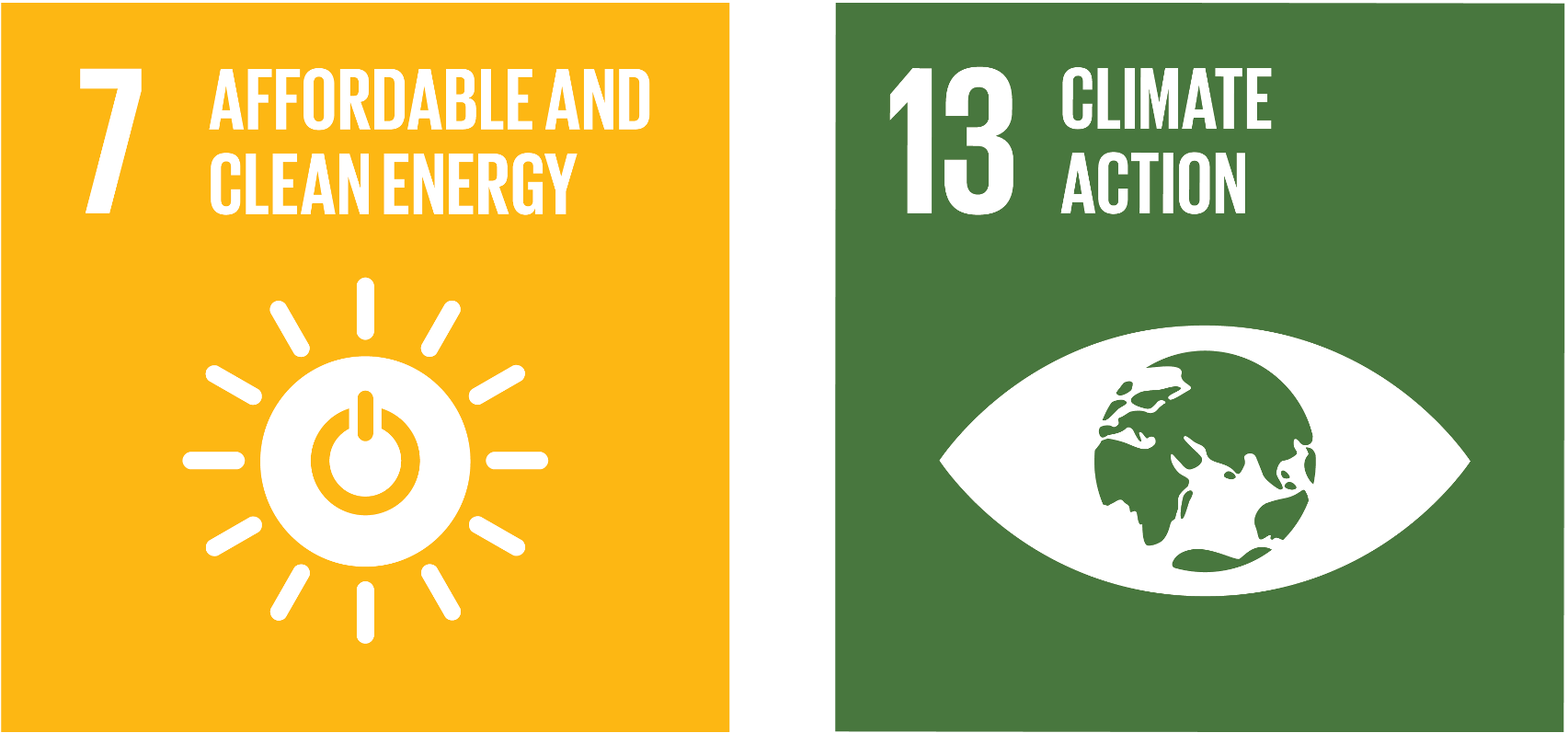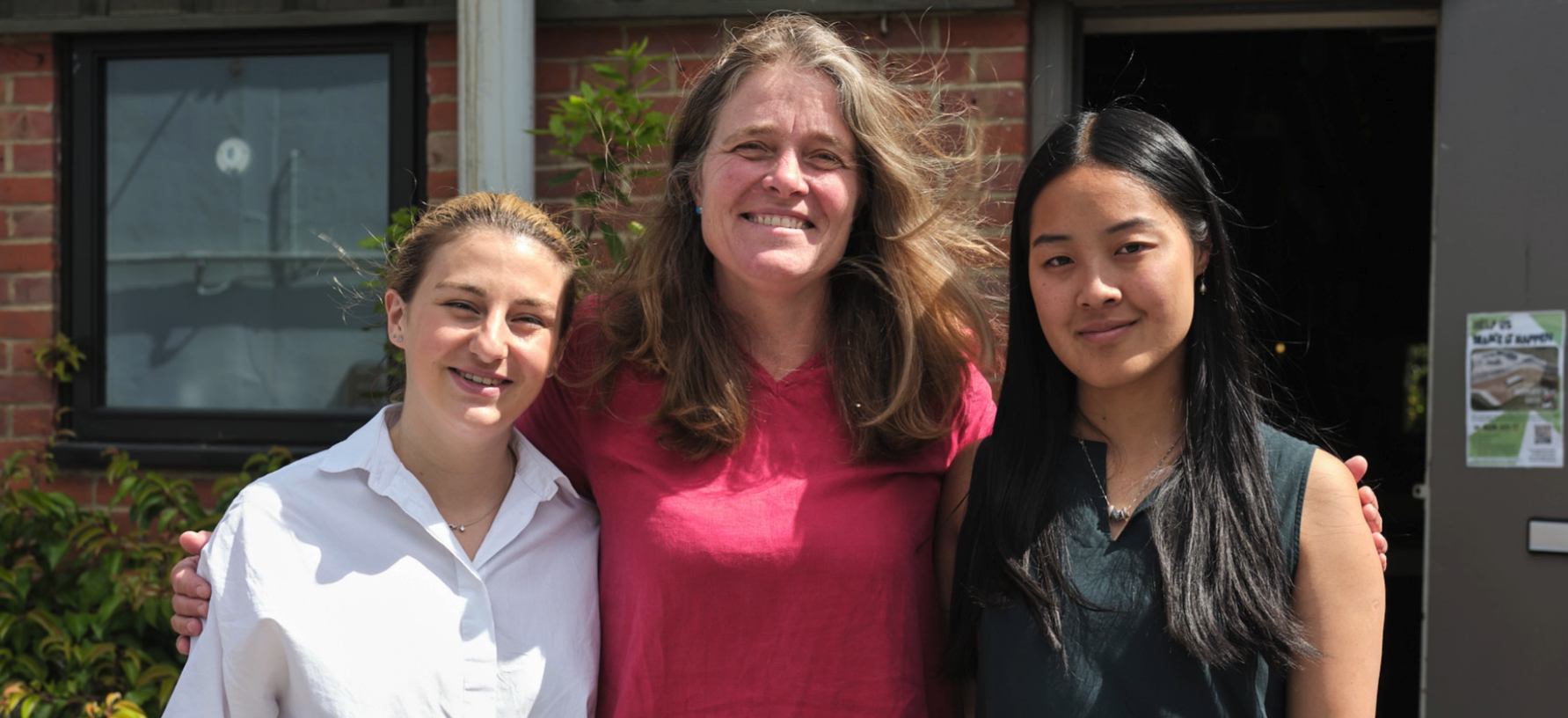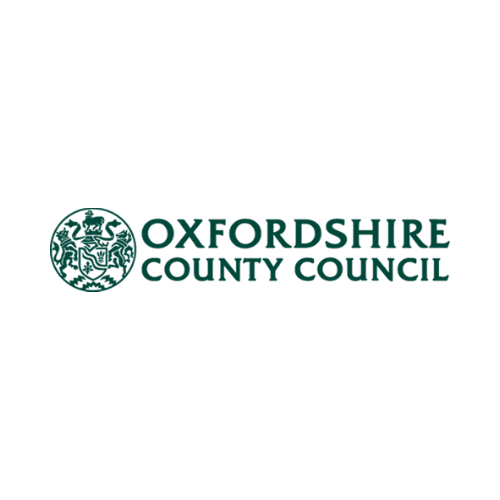Partner: Low Carbon Hub
Programme: Community Impact Lab, 2024
Fellows: Emily Hsu and Laurence Peinturier
Background
The United Nations Sustainable Development Goals (SDGs) are at the heart of shared global efforts towards a peaceful and prosperous future for both people and the planet. As climate change impacts intensify and carbon emissions accumulate in the atmosphere, we urgently need to work towards affordable and clean energy (SDG7) and climate action (SDG13). The Oxford SDG Impact Lab partnered with the Low Carbon Hub, a local social enterprise, to bring the global SDG agenda to a local level by improving understanding of how Oxford Colleges can address these issues.

Oxford University Colleges are among the most significant energy consumers in Oxfordshire. Despite this, there is insufficient information concerning (1) College sustainability initiatives (2) College energy consumption (3) Best practices for reducing emissions and (4) Opportunities for effective cross-college collaboration towards shared sustainability goals. Our project addresses this critical knowledge gap by improving our understanding of the current state of Oxford College energy initiatives.
Research Approach
To better understand the current state of sustainability efforts at Oxford Colleges and their experiences with decarbonisation, we adopted a mixed methods approach focusing on Scope 1 and 2 emissions, utilising desktop research, surveys, and semi-structured interviews. This involved:
- Reviewing public documentation from 40 colleges
- Obtaining 11 survey responses
- Interviewing 12 representatives, who provided insights on 19 colleges
Key Findings
Our research identifies the current state of energy consumption across Oxford colleges, existing sustainability policies and initiatives, common challenges and best practice tips, and opportunities for inter-college and university-level collaboration towards sustainability.
We find that over 60% of colleges have announced a net zero target. However, less than 40% have published an emissions reduction strategy. This discrepancy highlights a gap between setting goals and developing concrete plans to achieve them. Additionally, only half of colleges currently collect and analyse their energy data, which is crucial to understanding current energy usage – how much is consumed, where, when, and why. This lack of data collection hinders understanding of current energy usage – how much is being consumed, where, when, and why.

Figure 1: Graph comparing Oxford College energy consumption with good practice recommendations from the Chartered Institution of Building Services Engineers (CIBSE)
Outputs
Throughout this research, we identified a need for inter-college and university-level collaboration towards sustainability. With a particular emphasis on facilitating more effective cross-college collaboration, this project built a foundation upon which colleges can work – both independently and together – towards shared sustainability goals. We hope our methodology can be used to gather data from colleges that did not participate in this iteration of the project, and that efforts are made towards developing the tools for improved inter-college collaboration.
“‘I feel we could work better together – the colleges – on sharing good practice.”– Domestic Bursar, Oxford College
This project demonstrates significant potential for future research and sustainable development. By addressing the gaps in emissions reduction strategies, improving data collection and analysis practices, and fostering greater collaboration, Oxford colleges can make substantial progress in their sustainability efforts. We look forward to seeing this research evolve and grow, thereby contributing to a more sustainable future for the University of Oxford and global community beyond.

The Community Impact Lab is supported by the University of Oxford’s ESRC Impact Acceleration Account







